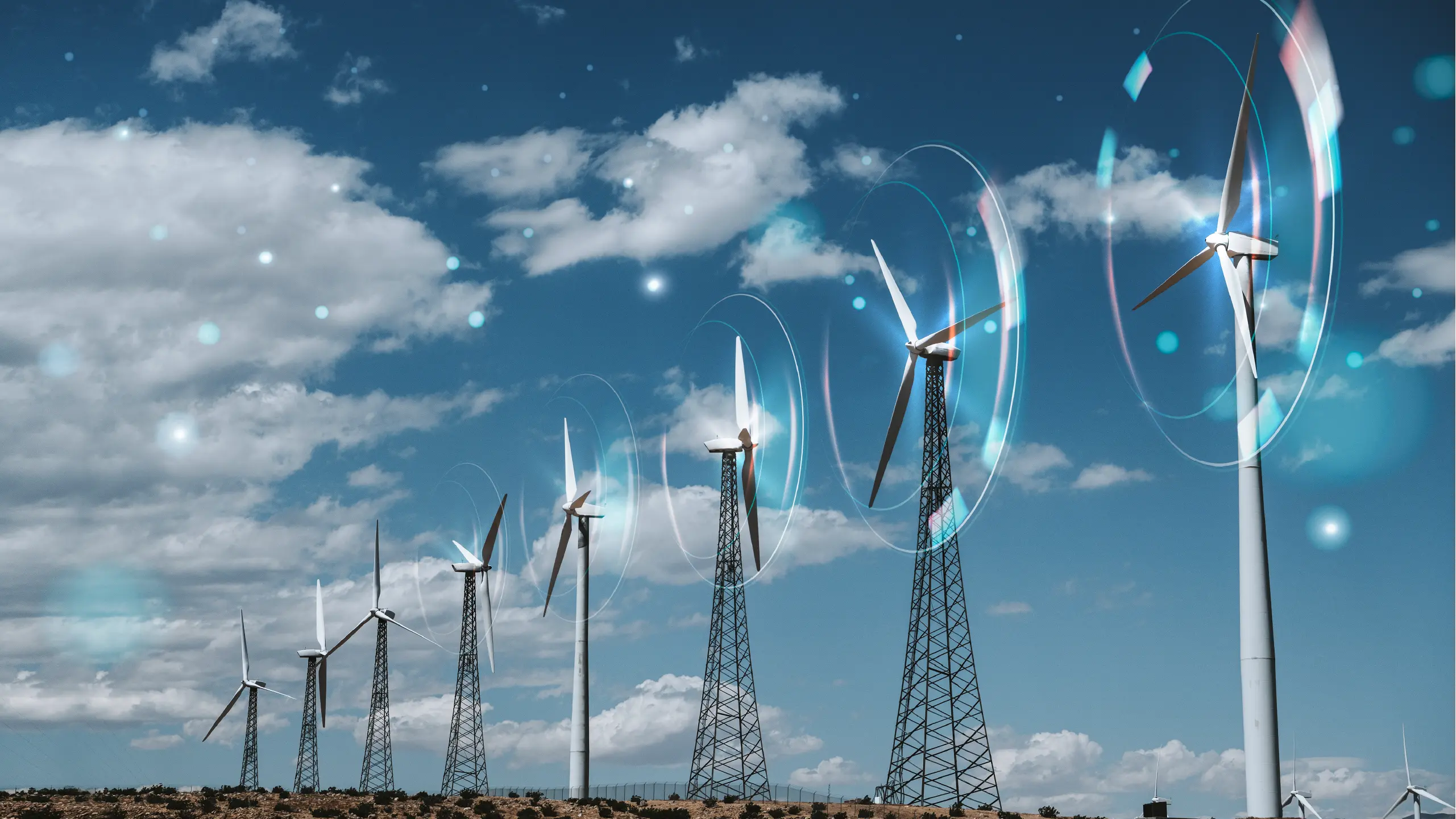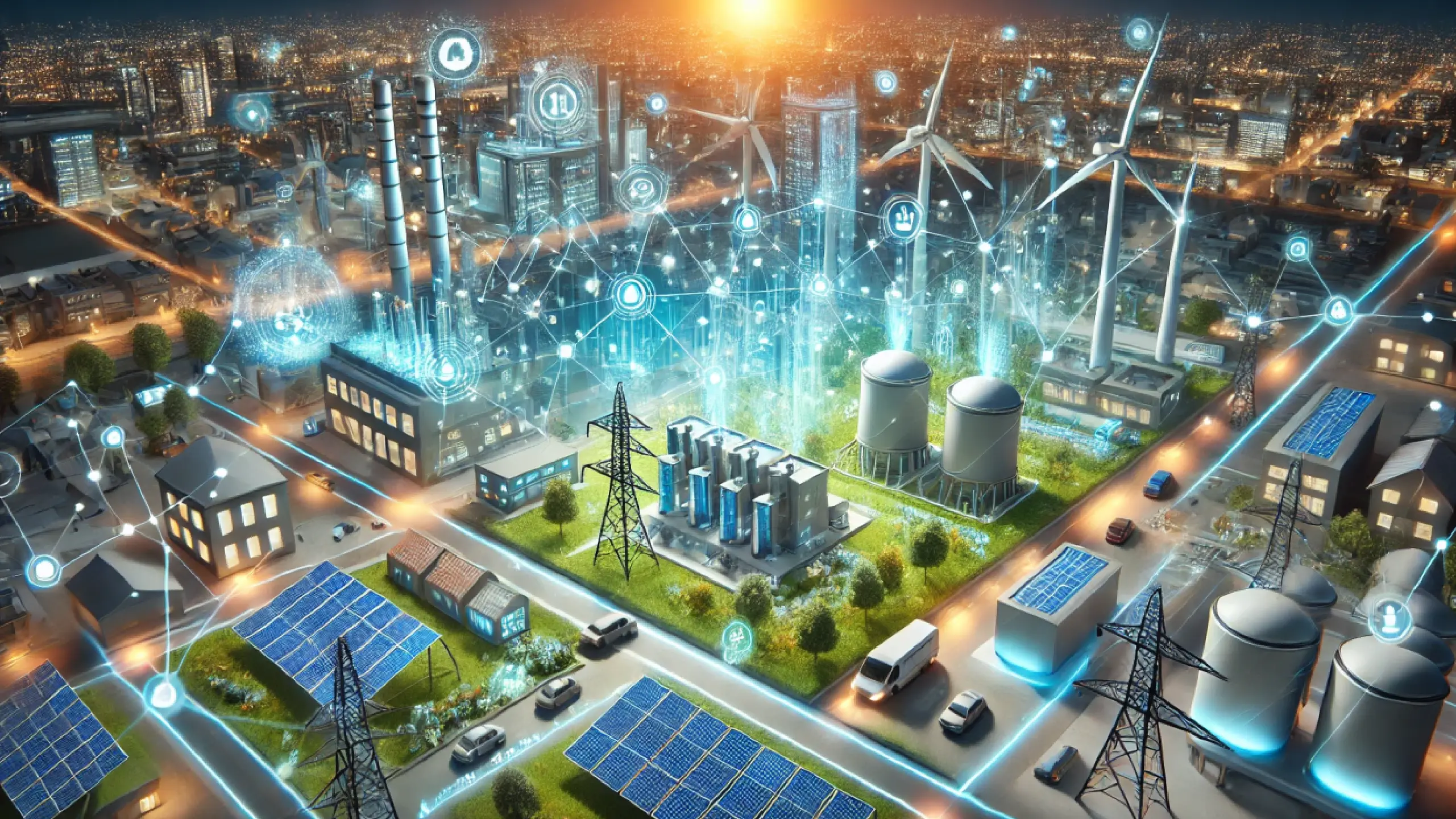
Grid Modernization: How Smart Grids Are Transforming Energy Markets
The energy sector has long been accused of being a little too… well, old school. Power lines that look like relics of a bygone era, transformers that creak under the pressure of growing demand, and infrastructure that often seems allergic to change. But the winds of transformation are blowing stronger than ever, and they are carrying with them the promise of smarter, cleaner, and more resilient power systems. Welcome to the smart grid market—where electricity meets intelligence, and where the grid is no longer just a web of wires, but a dynamic digital ecosystem.
At the heart of this transformation is energy infrastructure modernization, a movement that recognizes the urgency of updating a system that has been running on 20th-century logic while trying to serve a 21st-century world. The result is a revolution that is not just about keeping the lights on, but about reimagining how energy is generated, distributed, consumed, and optimized. And that’s where Blackwater, a leader in market research and industry insights, steps in. Because if there’s one thing more complex than building a digital power grid, it’s making sense of the massive wave of data, technologies, and trends that come with it.
The Rise of the Smart Grid Market
The phrase smart grid market isn’t just a buzzword floating around investor meetings. It represents a global shift worth billions of dollars, as governments, utilities, and private players invest heavily in building a grid that can think for itself. Unlike traditional grids that simply shove electrons from point A to point B, smart grids can monitor, analyze, and adapt in real time.
Think of it as moving from a landline telephone to a smartphone. The landline was reliable but dumb—it did one job, and that was it. A smartphone, on the other hand, is intelligent, interconnected, and responsive. Similarly, the smart grid brings together grid analytics, AI-driven forecasting, IoT devices, and renewable energy integration to create a system that does more than deliver electricity; it delivers insights, flexibility, and resilience.
For stakeholders, this means enormous opportunities. The smart grid market is not just about hardware—it’s about data streams, predictive maintenance, decentralized energy, and consumer empowerment. It’s about preparing for a future where electric vehicles, rooftop solar, and battery storage are as common as microwave ovens. And with this future comes the need for deep research and strategic decision-making—exactly the kind of expertise that Blackwater provides.
Why Energy Infrastructure Modernization Matters

The backbone of any economy is its energy system. Yet many countries are running on grids designed decades ago. These grids weren’t built to handle rooftop solar panels sending electricity back into the system, or electric cars that need charging at midnight. Without energy infrastructure modernization, we risk bottlenecks, blackouts, and inefficiencies that drag economies down.
Modernization isn’t just about replacing old wires with new ones. It’s about embedding intelligence into every layer of the system. Sensors that detect outages before they happen, algorithms that predict peak demand, and systems that reroute electricity around problems like water flowing around rocks. This level of sophistication requires not only technological upgrades but also market foresight. Policymakers, investors, and energy companies all need clarity on where to put their money, when to act, and how to scale. And that’s where Blackwater’s role as a market research company becomes indispensable. By decoding trends, quantifying risks, and forecasting growth, Blackwater helps players stay ahead in the smart grid race.
From Wires to Wi-Fi: The Digital Power Grid
One of the most exciting aspects of grid modernization is the rise of the digital power grid. Picture a traditional grid: miles of wires, substations, and transformers. Now overlay it with digital intelligence—smart meters that tell you not just how much electricity you used, but when and how. Distributed energy resources that communicate seamlessly with central systems. AI algorithms that spot inefficiencies in real time and self-correct.
The digital power grid is essentially an energy internet, where electrons travel alongside data. This fusion allows unprecedented optimization. For example, a utility can reduce peak load stress by nudging consumers through dynamic pricing—lowering rates when renewable generation is high and demand is low. Businesses can use real-time grid analytics to shift operations to periods of cheaper energy. Even consumers can play a role, selling stored power from home batteries back to the grid when needed.
The implications extend beyond convenience. Digital grids enhance security by quickly isolating cyber or physical threats, improve sustainability by making renewable integration seamless, and boost economic efficiency by reducing waste. For stakeholders trying to navigate this fast-changing landscape, access to precise, data-backed research—like Blackwater’s market intelligence—can make the difference between leading innovation or getting left behind.
Grid Analytics: The Brain of the Modern Grid

If the digital power grid is the nervous system, then grid analytics is the brain. This is where raw data transforms into actionable insights. Utilities can predict equipment failure before it causes blackouts. Cities can forecast how many EVs will plug in next year and plan infrastructure accordingly. Renewable energy operators can balance intermittency with near-perfect accuracy.
But analytics is not a one-size-fits-all tool. Different markets have unique needs—some prioritize outage prevention, others focus on renewable integration, while still others look to optimize costs. The smart grid market is diverse, and the role of analytics must be tailored accordingly. That’s where market research steps in. Blackwater doesn’t just provide numbers; it provides context—helping decision-makers understand not just what is happening, but why it matters, and how to act on it.
Challenges on the Road to Grid Modernization
Let’s be honest: transforming an energy system isn’t like upgrading your phone’s software. The challenges are immense. High costs, regulatory hurdles, cybersecurity risks, and consumer adaptation all stand in the way. Rolling out smart meters in one city is one thing; deploying them nationwide is quite another. Integrating renewables sounds wonderful, until the sun hides behind clouds for a week.
Yet these challenges are also opportunities. Each hurdle represents a market segment waiting to be explored—whether it’s in secure software for digital grids, affordable storage for renewables, or financing models for large-scale modernization projects. Understanding these challenges requires more than enthusiasm—it requires strategic foresight. And this is exactly where Blackwater shines, by equipping businesses with the intelligence they need to turn roadblocks into revenue streams.
The Global Smart Grid Market Outlook
The smart grid market is expected to expand dramatically in the coming decade, driven by urbanization, electrification, and climate goals. Emerging markets are leapfrogging straight into modernization, while developed nations are upgrading legacy systems at breakneck speed.
Asia-Pacific is becoming a hub for energy infrastructure modernization, with China and India leading large-scale deployments. Europe is integrating renewables aggressively, while North America focuses on resilience and cybersecurity. Every region has its unique flavor of modernization, and every player—from utilities to tech companies—is vying for a piece of the action.
But with opportunity comes complexity. Regional differences in policy, consumer behavior, and technological adoption make it difficult to navigate the market without precise insights. That’s why companies turn to research leaders like Blackwater. By analyzing market data at both global and local levels, Blackwater helps clients position themselves strategically, ensuring they’re not just part of the conversation but at the center of it.
Blackwater: Illuminating the Path Forward
In a world where buzzwords like digital power grid and grid analytics dominate headlines, clarity is in short supply. Companies and governments alike are asking: What does modernization mean for us? Where should we invest? How do we measure success?
Blackwater provides the answers. With deep expertise in the smart grid market, the firm goes beyond surface-level analysis. It dives into data, filters out noise, and delivers intelligence that drives real-world impact. From forecasting adoption rates to analyzing regulatory impacts and identifying investment hotspots, Blackwater equips stakeholders with the confidence to make informed decisions.
The energy transition is not just about technology—it’s about timing, strategy, and foresight. And that’s what makes Blackwater indispensable in this transformation.
Conclusion: Powering the Future with Insight

Grid modernization is not an option—it’s an inevitability. The smart grid market is reshaping how we produce, distribute, and consume energy, ushering in a future that is smarter, cleaner, and more resilient. From energy infrastructure modernization to the rise of the digital power grid, from the power of grid analytics to the challenges of implementation, the journey ahead is complex, exciting, and full of opportunities.
But navigating this transformation requires more than optimism. It requires intelligence—the kind of intelligence that Blackwater delivers. By providing data-driven insights and strategic foresight, Blackwater ensures that stakeholders don’t just survive in this new era of energy—they thrive.
So as the lights of the 21st-century grid flicker on, one thing is clear: the future of energy is not just about power. It’s about smart power. And Blackwater is here to make sure you have the smartest insights in the room.



